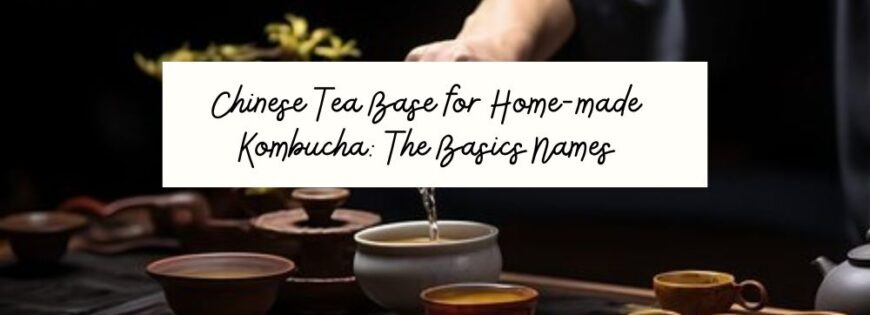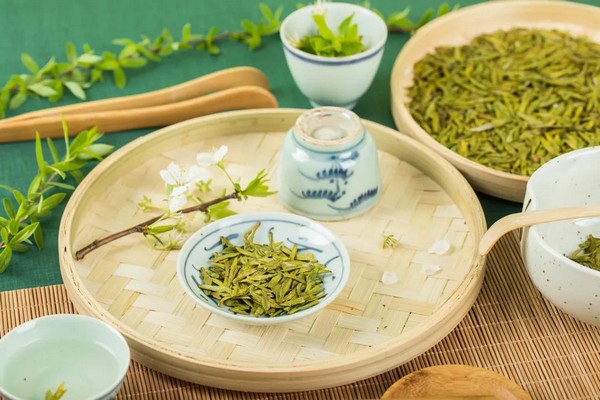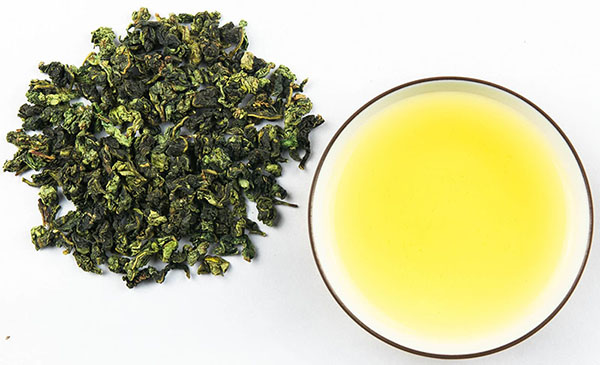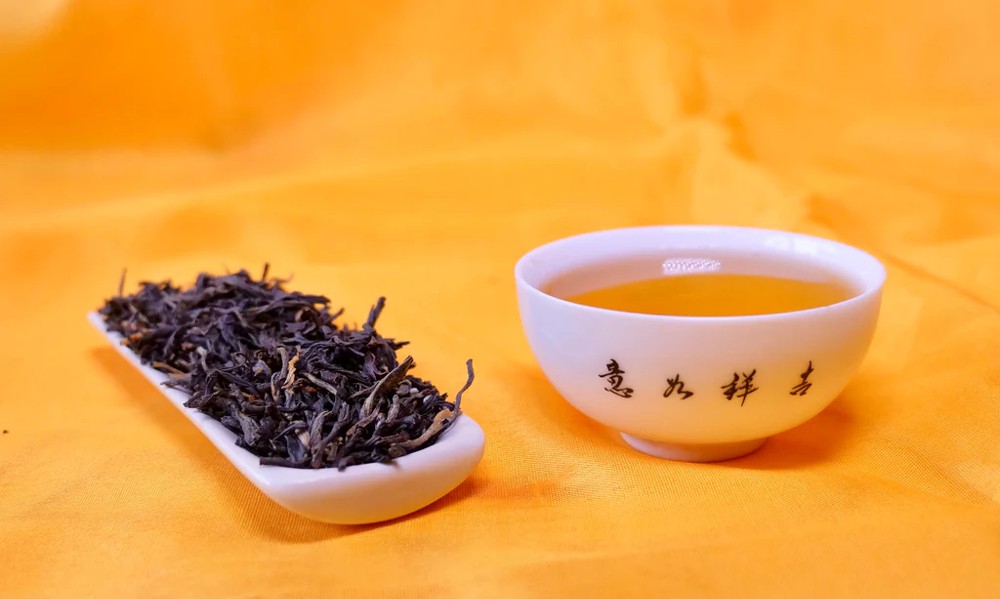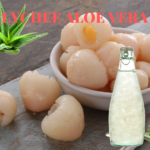Chinese Kombucha is not a brand or the claim over the ownership of origin, it’s the base for Kombucha as many brewer tend to favor Chinese tea for its rich heritage and long-standing reputation in tea brewing techniques. As a mere commoner, one often finds themselves puzzled by the variety and complicated ranges of Chinese tea.
In this article, we’ll dive into some foundational types of Chinese teas and discover how each can serve as an ideal base to create kombucha with a diverse range of flavors and aromas. We’ll answer common questions like: Is oolong tea black tea? and Are green and black tea different only in color? With these insights, you can start brewing kombucha with the exact taste and flavor profile you’re aiming for.
1. Green Tea – The Mild and Refreshing Base
Green tea is a favorite for Chinese kombucha brewing thanks to its gentle flavors and balanced antioxidant content. Two of the most popular Chinese green teas for kombucha are Dragon Well (Longjing) and Mao Feng.
1.1 Dragon Well (Longjing) Green Tea
Dragon Well tea, or Longjing, is a highly prized tea from Hangzhou, China, known for its flat, sword-shaped leaves. This tea is pan-fried to halt oxidation, giving it a sweet, nutty flavor with hints of roasted chestnut. Dragon Well’s flavor is mild and grassy, making it ideal for kombucha, as it allows the drink’s natural tang to come forward.
- Flavor Profile: Slightly nutty, delicate, and slightly sweet with a grassy finish.
- Brewing Tips: Brew at a lower temperature (around 75-80°C) to avoid bitterness and maintain the tea’s fresh, crisp flavor.
1.2 Mao Feng Green Tea
Mao Feng is another premium green tea with curled, downy leaves and a delicate aroma. It produces a floral, subtly sweet kombucha with less astringency than other green teas. Mao Feng’s smooth, light taste balances perfectly with the acidity of kombucha, creating a refreshing drink.
- Flavor Profile: Floral, sweet, with a gentle vegetal aftertaste.
- Brewing Tips: Brew at 75-80°C for a light, delicate infusion that highlights the tea’s natural floral notes.
2. Oolong Tea: For a Balanced, Rich Profile
Oolong teas bring depth and complexity to kombucha with a flavor profile that combines the freshness of green tea and the richness of black tea. Chinese oolong teas like Tie Guan Yin and Da Hong Pao are exceptional for kombucha.
2.1 Tie Guan Yin (Iron Goddess) Oolong
Tie Guan Yin (Iron Goddess) is a partially oxidized oolong with tightly rolled leaves that unfurl during brewing. It offers a unique floral aroma with orchid and honey undertones, adding a rich complexity to kombucha. This tea’s robust flavor profile pairs well with kombucha’s tartness, creating a balanced, layered beverage.
- Flavor Profile: Floral, creamy, with a hint of sweetness and a lasting finish.
- Brewing Tips: Brew at 85-90°C to bring out its full-bodied flavor and delicate floral notes.
Da Hong Pao (Big Red Robe) Oolong
Da Hong Pao is a famous rock oolong from the Wuyi Mountains, known for its toasty, mineral-rich flavor. It creates a bolder kombucha with notes of roasted nuts and caramel. Da Hong Pao’s earthy taste and subtle smokiness enhance kombucha, resulting in a drink with depth and character.
- Flavor Profile: Toasty, mineral-rich, with a slightly smoky undertone.
- Brewing Tips: Brew at 85-95°C to develop the tea’s full-bodied flavor and enhance its natural rock oolong complexity.
3. Black Tea: The Strong Base for Bold Kombucha
Chinese black teas, particularly Yunnan Black and Keemun, bring a strong, malty flavor to kombucha. Black tea is often preferred by those who enjoy a more robust, tannic kombucha with a bolder taste.
Yunnan Black Tea
Yunnan Black, also known as Dian Hong, originates from China’s Yunnan province and is noted for its golden-tipped leaves and honey-like sweetness. It creates a full-bodied kombucha with rich, malty undertones and subtle sweetness, adding complexity to the drink.
- Flavor Profile: Malty, honey-sweet, with a hint of spice.
- Brewing Tips: Brew at 90-95°C to bring out its sweetness and deep flavor without overwhelming the kombucha.
Keemun Black Tea
Keemun is a classic black tea from Qimen County, renowned for its wine-like aroma and complex, smoky taste. It has a rich, slightly smoky flavor with floral hints, which adds a unique dimension to kombucha.
- Flavor Profile: Floral, slightly smoky, with a rich body.
- Brewing Tips: Brew at 90-95°C to capture the tea’s floral complexity and smoky notes.
Choosing the Right Chinese Tea for Kombucha
Returning to our questions from the introduction, understanding the oxidation level of each tea type clarifies their differences. Green tea remains green due to minimal oxidation, while black tea takes on a deep hue and robust taste through full oxidation. Oolong tea, as a semi-oxidized tea, falls between these, offering a complex range of flavors depending on the oxidation level, which can vary from 10% to 80%.
By exploring these traditional Chinese teas, from the fresh and light notes of green tea to the rich, earthy tones of black and Pu-erh teas, you can elevate your kombucha brewing experience. Each tea type offers unique characteristics, giving you the flexibility to create a kombucha that highlights the finest qualities of these revered Chinese teas.


